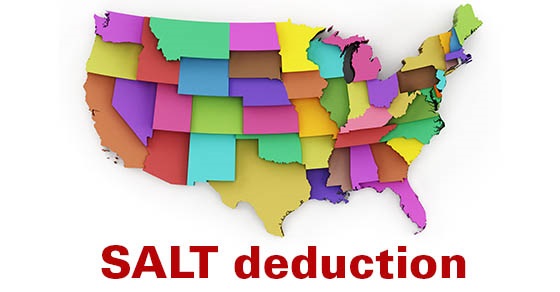celebrating 90 years in business
Embracing the Past
Building for the Future
established in 1934
About Us
Proudly with over 90 years in business, our mission is still to provide professional and quality service that consistently exceeds the expectations of our clients.
Peter Shannon & Co. is committed to open communication and timely responses to our clients throughout the year so we can address any concerns or ideas.
introducing our team
Our Accountants
source of good ideas
Top of the News
2025 Tax Considerations
Please click the title below to jump to the section you like to read. Individual Tax Changes Extension and Enhancement of Reduced Income Tax Rate Rate reductions, bracket changes. Under pre-Act law, for tax years 2018 through 2025, the Tax Cuts and Jobs Act (TCJA) temporarily modified the number of income tax brackets and reduced the…
Deferring taxes on advance payments
An advance payment is one received by a business before it provides whatever is being paid for. For federal income tax purposes, generally advance payments must be reported as taxable income in the year received. This treatment always applies if your business uses the cash method of accounting for tax purposes. But, if your business…
Parents: Claim all the tax credits you’re entitled to
Raising a family comes with plenty of expenses, but it may also make you eligible for various tax breaks. Some of the most valuable are tax credits, because they reduce your tax liability dollar for dollar (unlike deductions, which only reduce the amount of income subject to tax). Here’s what you need to know. Child,…
To maximize — or not to maximize — depreciation deductions on your 2025 tax return
The deadlines for filing 2025 tax returns (or extensions) are fast approaching. Although most tax planning moves must be completed by December 31 of the tax year, there are some decisions you can make when filing your return that can save taxes now or in the future. One such decision is whether to claim accelerated depreciation…
Quadrupled SALT deduction limit means more taxpayers will benefit from itemizing on their 2025 returns
An important decision to make when filing your individual income tax return is whether to claim the standard deduction or itemize deductions. A change under the One Big Beautiful Bill Act (OBBBA) will make it beneficial for more taxpayers to itemize deductions on their 2025 returns. Specifically, if you paid more than $10,000 in state…











